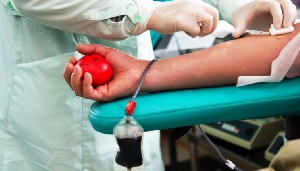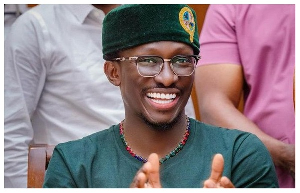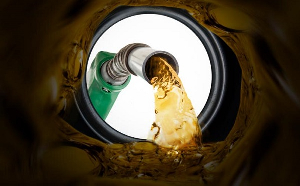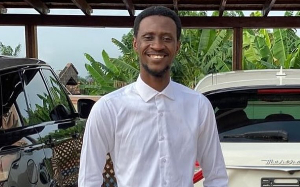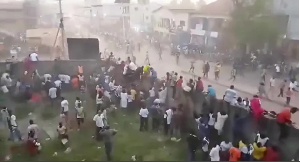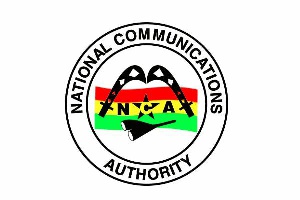As Ghanaians anxiously wait to cast their ballot in the general elections on Wednesday, the constant need for blood to stock our hospital blood banks may be forgotten by many of us.
The need for blood during the election period and, especially, in the month of December is critical and cannot be underestimated.
It is important to note that the blood collected from voluntary donors by the National Blood Service, goes a long way to give life to patients, such as women, who bleed excessively during childbirth, cancer patients and victims of road traffic accidents.
It also helps in the treatment of a host of medical conditions requiring surgical interventions.
Another critical reason why frequent and regular blood donation is essential is that blood has a shelf life of only 35 days.
Also, blood needed for transfusion cannot be manufactured artificially. It must at all times be donated by healthy persons out of love.
A recent report by the World Health Organisation has estimated that more than 1.68 million people, worldwide, would be diagnosed with cancer this year - 2016.
Many of these patients, the report further stated, will need blood daily for their treatment.
Currently in Ghana, the National Blood Service supplies over 200 units of blood and blood products every day to hospitals and clinics within Accra and its environs. With the expansion of health facilities and the increasing number of cases that require blood transfusion, the daily demand for blood keeps increasing.
On the average, an accident victim will require between 7-10 units of blood to survive.
The National Blood Service is mandated to ensure the provision of safe, adequate and efficacious, blood and blood products, making it timely, accessible and affordable to all patients requiring blood transfusion therapy in both public and private health care institutions in the country.
This objective can be achieved through the generosity of our voluntary blood donors and support of other stakeholders.
We can, therefore, ensure that every single life that requires blood transfusion therapy is saved if we all see blood donation as our civic responsibility. Every life is important and so no one should be allowed to lose his or her life as a result of blood shortage.
Indeed, there is no better gift to a loved one this election period and the Christmas season, for that matter, than to donate a unit of blood to save a life in an emergency.
Sparing a few minutes to save a life is a worthy thing to do. It should not be considered as time wasting.
A healthy person between the ages of 17 and 60 years can safely donate blood at least twice a year. Blood donation never stops you from performing your normal day-to- day activities. You are, however, advised to wait after 24 hours, if you will engage in any vigorous activity.
The National Blood Service needs about 170,000 additional donors per year to be able to maintain the national blood requirement of 270, 000 units annually.
This calls for constant supply of blood to help treat different illnesses, especially in emergency situations.
For many patients, voluntary blood donors are a life-line.
The National Blood Service is calling on all healthy Ghanaians, aged between 17 and 60 years, to step forward this December and resolve to be a voluntary blood donor.
As the saying goes "prevention is better than cure". Whether you are and individual, a small or large business organisation, institution, a club, association or consortiums, you can get involved in this life-saving exercise.
You can support either in cash or kind and you can as well organise a staff-based blood donation exercise. Our professional blood collection teams are ready to visit your work place to do the blood collection, once you have decided.
Hosting a donation exercise could be part of your end of year, mid-year anniversaries or other eventful programmes you may have lined-up on your calendar.
You have the power to give life this election period and you don’t have to wait till there is an emergency.
We urge all healthy Ghanaians to support the blood donation drive in this election period and beyond, to ensure availability of safe blood for any unforeseen circumstances before, during and after elections.
Health News of Monday, 5 December 2016
Source: The Finder





